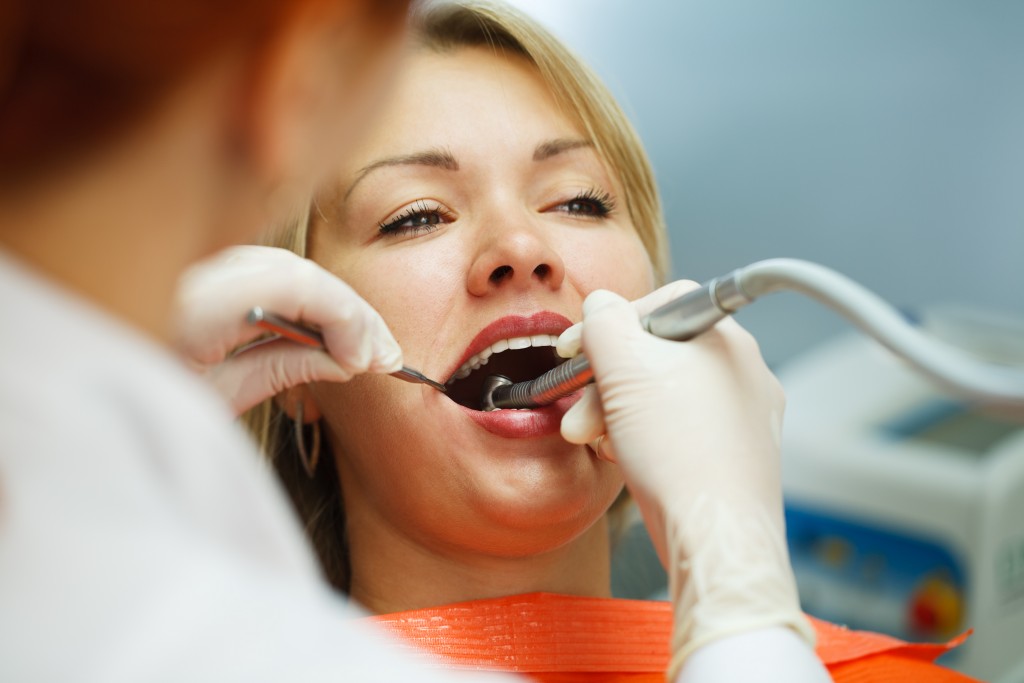Many people can go undiagnosed with jaw problems for a large portion of their lives, in fact, the jaw is so seldom considered when trying to understand the source of headaches, tinnitus, sinus pain, and other unusual symptoms like tingling in the arms, that many people have no idea what’s wrong with them until they see a dentist in Stevenage who is able to spot the problem almost immediately. This problem is more common than many realise with about 70% of the UK population experiencing these issues at some point in their lives, most will be happy to know that there is a fairly easy solution.
The problem
Jaw joint problems (also known as TMD) occur in the temporomandibular joint which connects the lower jaw to the skull, a healthy jaw should be able to open, close, move side to side without pain or noise. When people open their mouths, these joints allow the jaw to rock down and forwards, this movement is made smooth by a piece of cartilage, which may become weak over time which can lead to a clicking noise and can cause discomfort, even limiting how wide individuals can open their mouths.
The symptoms
These TMJ issues can lead to other symptoms that may seem unrelated, like chronic headaches, sinus pain, neck, back and facial pain and tooth pain caused by tooth grinding and clenching at night made worse by the original joint problem. One may also have inexplicable ear pain or tinnitus or more obviously pain in the jaw itself which often goes hand in hand with a clicking noise when trying to open the jaw wide or worse still, the locking of the jaw. All of this discomfort can be greatly decreased without major surgery.
The treatment
It is important for patients to get a professional diagnosis from a dentist, however, there are things that can be done at home to alleviate discomfort should an individual be awaiting an appointment; over the counter, non-steroidal anti-inflammatory drugs can help relieve inflammation should there be pain and a simple ice pack can reduce swelling in the joint too. Reducing stress can help relieve unconscious jaw clenching which some think may lead to TMJ issues and gentle massage with gua sha tools or simply the fingers may help as well. These will only offer temporary symptomatic relief and are not likely to bring healing to the joint in the long term, so it is best that a patient receives professional help to fix these problems.
Professional treatment is conservative and elegant and will not interrupt one’s day to day living as it is only applied at night when a patient is sleeping. Should a dentist diagnose a patient with TMD then a temporary clear guard is provided for the patient to try for a week, should it help alleviate the symptoms then a custom made tanner appliance is given to the patient to wear over the bottom teeth at night, which is expected to help restore the jaw joint to its natural health.

